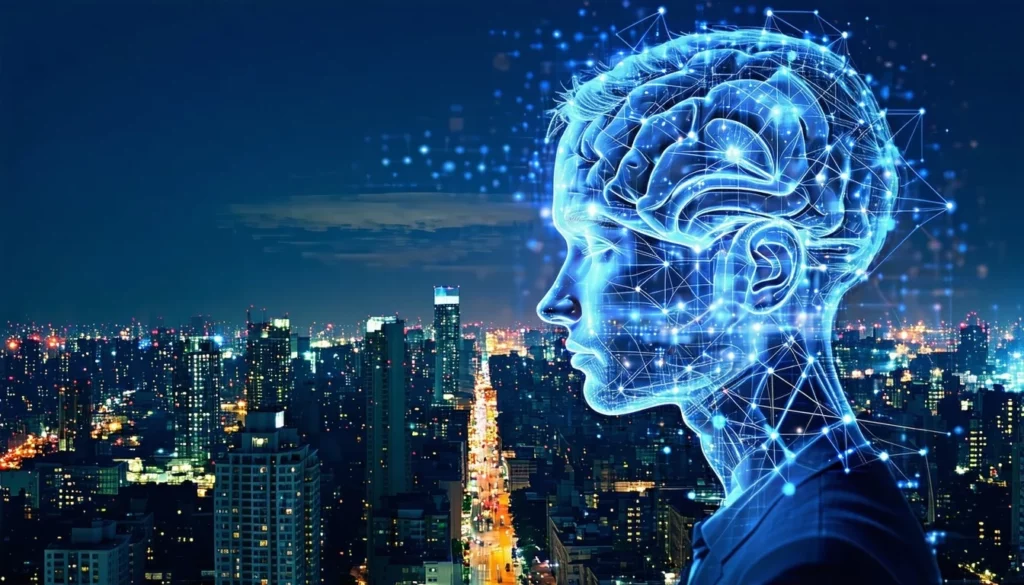Emotional intelligence is not an optional trait but a vital infrastructure that shapes our lives, leadership, and systems in a technology-driven world.
Reframing Emotional Intelligence: From Soft Skill to Structural Necessity
For too long, emotional intelligence has been boxed in as a ‘soft skill’—a nice-to-have add-on in leadership workshops, corporate culture decks, or therapy rooms. But in an age where human behavior is increasingly shaped by algorithms, where our nervous systems are taxed by rapid change, and where machines are learning to read our faces before we understand our own feelings, emotional intelligence must be seen differently.
Emotional intelligence isn’t soft. It’s structural. We don’t call electricity a soft skill. We don’t treat internet access as optional. So why are we still treating emotion as a luxury rather than a system input? Emotional intelligence governs how we relate, regulate, and make decisions. It is foundational to every system—from healthcare to leadership to justice.
Physiological Foundations: Where Emotional Intelligence Truly Begins
Most emotion AI today analyzes output: your facial expressions, your tone of voice, the words you type. But the truth is, your emotional state begins long before any of that. It begins in the body. In the breath. In the beat-to-beat rhythms of your heart. That’s where emotional intelligence truly lives—and that’s where we’ve built our technology.
inTruth’s Emotion Language Model (ELM) translates physiological signals like heart rate variability and breath patterns into a standardized emotional language. This allows us to track emotional shifts in real-time, not as static labels—but as living, changing states that can be better understood and supported.
Emotional Infrastructure: Building Cultures that Thrive
Think of what roads did for cities. What the internet did for global communication. What power grids did for modern economies. Now ask yourself: What could emotional infrastructure do for how we relate, grow, and lead?
By embedding emotional intelligence into our technologies, health systems, and leadership frameworks, we have the opportunity to build cultures that are more emotionally regulated, more ethically aligned, more responsive to human complexity, and ultimately, more conscious. This isn’t self-help. This is systems change.
The Ethical Imperative: Integrating Emotional Intelligence into AI
AI is advancing faster than most people can comprehend. But as machines become more capable of mirroring—and even predicting—human behavior, we face a fundamental risk: Who defines emotional truth in a machine-led world?
At inTruth, we don’t believe emotion can be outsourced. It must be measured, yes—but also protected. That’s why our platform is built on consent architecture, data sovereignty, and a trauma-informed design ethos. The future of AI must include the wisdom of the body. Without that, we’re just coding disconnection into our systems.
Future-Proofing Humanity: Emotional Intelligence as a Survival Skill
Emotional intelligence isn’t a soft skill. It’s a survival skill for a world shaped by code. It’s the ability to know yourself in the noise. To regulate in uncertainty. To lead with presence—not performance. To protect what makes us human.
And it’s time we built the systems that reflect that. If this resonates with you, start here: Explore the Intelligence Training, Follow us on LinkedIn, and Learn more about physiological intelligence. This isn’t just a product. It’s a new foundation. Let’s build it together




